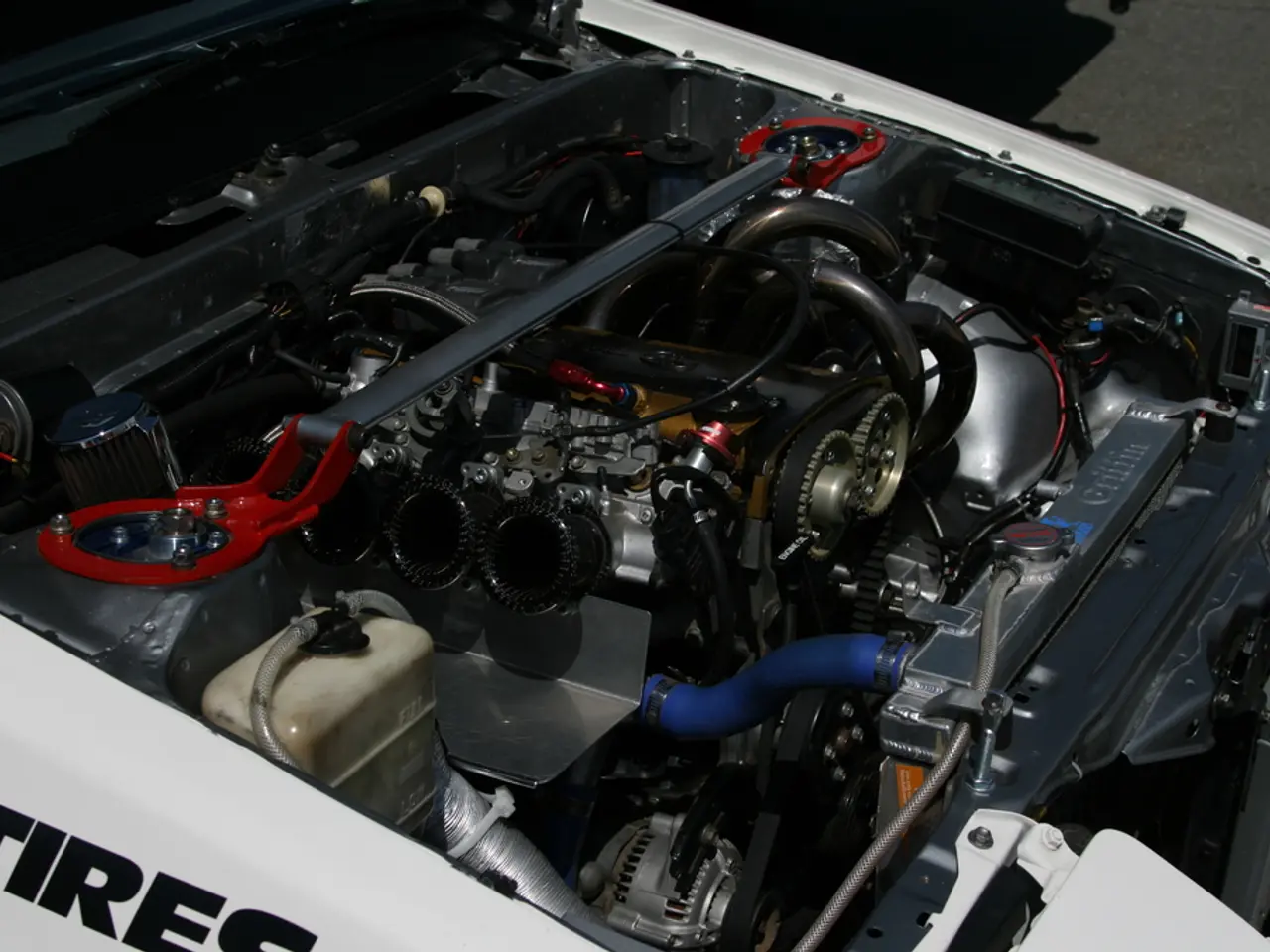Major Obstacles in the Growth of the Electric Vehicle Battery Industry
The electric vehicle (EV) battery market is at the heart of the global clean mobility transition, as EV adoption accelerates worldwide. However, several pressing challenges continue to affect manufacturers, policymakers, and consumers in this rapidly evolving industry.
Firstly, the need for clear, stable, and harmonized regulations is essential for the growth of the EV battery industry. Inconsistent policies across regions, changing subsidy structures, and trade restrictions create regulatory and policy uncertainty for battery producers and automakers.
One of the most significant challenges is the limited charging infrastructure. The absence of a robust and widespread charging network remains a significant barrier to EV adoption, causing range anxiety among consumers. Fast-charging stations, while essential, are expensive to deploy, slowing down infrastructure development.
Batteries are the most critical and cost-intensive component of an electric vehicle, often accounting for 30-40% of a vehicle's price. Despite advancements in technology, EV batteries continue to be costly to manufacture due to the complex extraction, refining, and processing of raw materials, as well as sophisticated cell production processes.
Lithium-ion batteries, commonly used in EVs, pose thermal management and safety risks, including fire hazards. Maintaining consistent performance in extreme weather conditions is another challenge for EV batteries.
Environmental and ethical concerns in mining have also raised questions about the sustainability of the EV battery industry. Key EV battery raw materials like lithium, cobalt, nickel, and graphite are mainly found in countries such as Chile, Australia, the Democratic Republic of Congo, and China, posing geopolitical risks, price volatility, and supply shortages.
Inefficient battery recycling is another issue that the industry must address. Current recycling technologies for EV batteries are energy-intensive and costly, limiting widespread adoption. Without efficient recycling infrastructure, the industry risks generating massive volumes of battery waste in the coming decades.
Research is ongoing to improve battery safety and energy density through solid-state batteries and advanced chemistries, but commercialization is still years away. Companies like Solid Power, Inc., based in Louisville, Colorado, are making significant investments in the research and development of solid-state batteries. German universities and research alliances also receive substantial federal funding to advance related technologies.
Addressing these issues is vital for ensuring the sustainable growth of EVs. Sustainable practices, such as closed-loop recycling systems and circular economy approaches, are critical for the EV battery industry but require substantial investment and regulation. Automakers and suppliers face growing pressure to adopt responsible sourcing practices and ensure transparency across their supply chains.
Despite the challenges, the market outlook for electric vehicles is promising. The development of charging infrastructure, advancements in battery technology, and growing consumer demand for cleaner, more sustainable mobility solutions all point towards a bright future for the EV industry. However, it is crucial that these challenges are addressed to ensure a smooth and sustainable transition to electric vehicles.
Read also:
- Impact of Alcohol on the Human Body: Nine Aspects of Health Alteration Due to Alcohol Consumption
- Understanding the Concept of Obesity
- Tough choices on August 13, 2025 for those born under Aquarius? Consider the advantages and disadvantages to gain guidance
- Microbiome's Impact on Emotional States, Judgement, and Mental Health Conditions







